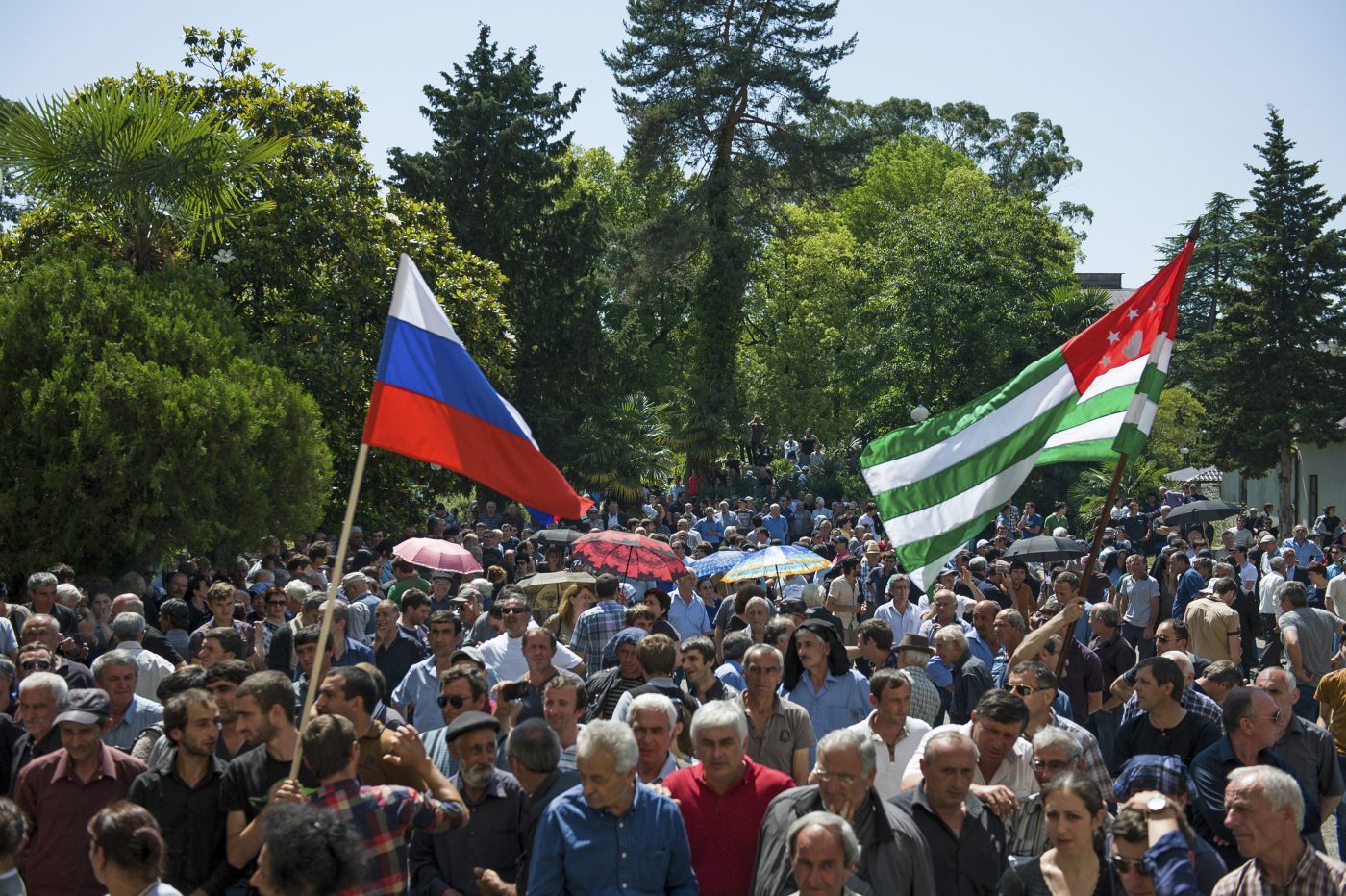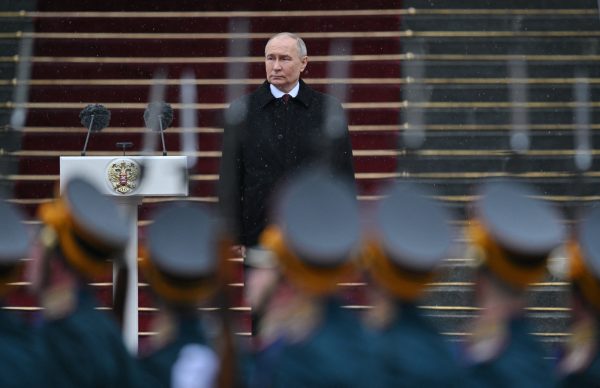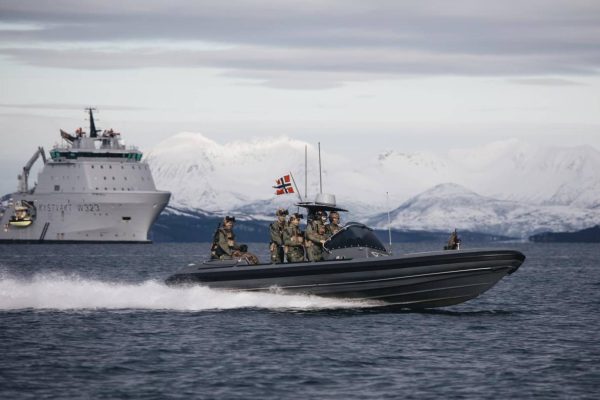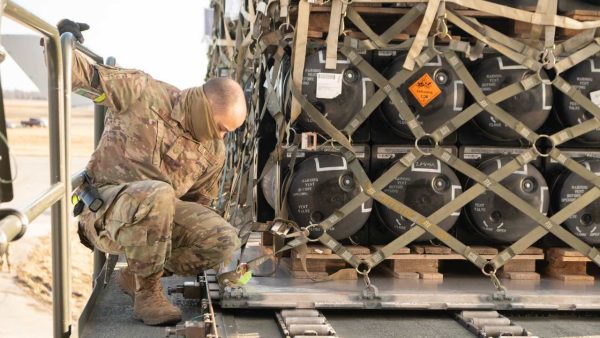Russia chose to announce its new Black Sea naval base in a high-handed manner. It had the leader of its illegal separatist administration in Abkhazia, Aslan Bzhania, tell Izvestia in an October 5 interview that there will soon be a naval base in the small town of Ochamchira.
If built, the base will be the third military installation on Georgian soil and the second in Abkhazia itself. Prior to the outbreak of the Russian invasion of Ukraine, around 5,000 Russian troops were stationed in the region. This has since dropped as troops have been deployed to Russia’s war of aggression against Ukraine. There have been various indications that Russia now has far fewer forces in Abkhazia.
The Georgian side responded by stating that such moves “represent a gross violation of the sovereignty and territorial integrity of Georgia and [are] another provocative attempt to legitimize the illegal occupation of Abkhazia and Tskhinvali regions of Georgia”.
The benefit for Russia is clear. It wants to get its naval vessels as far as possible from Crimea, which has been under intense and damaging Ukrainian attack. The Wall Street Journal reported that at least 17 Russian vessels were moved from Sevastopol to its port of Novorossiysk, which is 350km (200-plus miles) to the east. Ochamchira, the new naval base, is nearly 700km away, making it a harder target for the Ukrainians with their unmanned surface and aerial systems.
Abkhazia has been occupied by Russian forces since 2008 when Georgia was invaded and badly defeated in a five-day war. It represents a good choice since the region previously hosted a Soviet naval base for power projection in the eastern Black Sea.
Beyond representing another gross violation of Georgian sovereignty, the naval base will also be within striking distance of Georgia’s long-cherished plan to construct the Anaklia deep seaport, seen as a game-changer in regional connectivity such as the expanding Middle Corridor. Work on the port is about to start.
Yet Abkhazia would be naïve to imagine that Ukraine will not strike military installations on its territory. The Kyiv government has proved to have a long arm, hitting the Kremlin, along with an airbase 600km from its border, and numerous other military targets across Russia. Any attack, successful or not, would likely further strain already tense relations between Georgia and Ukraine.
Russia’s decision to open the new base once again serves as a sharp reminder for Georgia that it remains uncompromising on the issue of the occupied territories, despite the governing Georgian Dream’s policies, which include a refusal to join Western-led sanctions and toning down its NATO aspirations. The Kremlin seems unimpressed.
The naval base decision seems like a statement of raw power, but there are other reasons. The Kremlin now has to build a collection of bases in the South Caucasus to retain its geopolitical position — as the events around Nagorno-Karabakh showed — and to arrest what can be termed its managed decline.
Russia also wants to transform Abkhazia into a territorial appendage. It follows the agreement signed in 2020 which consisted of 46 points aiming at creating a joint socio-economic space with Moscow, including the adoption of Russian law. The provisions included the sale of local real estate, enabling Russians to receive Abkhaz passports, and allowing Russians to buy into Abkhazia’s energy sector. More recently, in 2022, Abkhazia was essentially forced into agreeing to transfer the 186-hectare (460-acre) Bichvinta (Pitsunda) estate to Russia. The site was once a summer retreat for the Soviet nomenclature.
For the Abkhazians the naval base might serve as a consolation, offering employment opportunities and a heightened sense of security.
Yet this may simply be another indication that Russia plans to simply swallow the region. Nor is Russia a reliable ally (as the case of Armenia showed) or a defender of quasi-states (as was the case with the now-fallen Nagorno-Karabakh).
The new naval base should be also seen by Georgia’s partners in the West not only as yet another measure by Moscow to divide Georgia but also as potentially threatening pan-Eurasian connectivity which aims at connecting the EU with Central Asia and China — a project which would limit dependence on Russian transit.
Emil Avdaliani is a professor at European University and the Director of Middle East Studies at the Georgian think-tank, Geocase.




